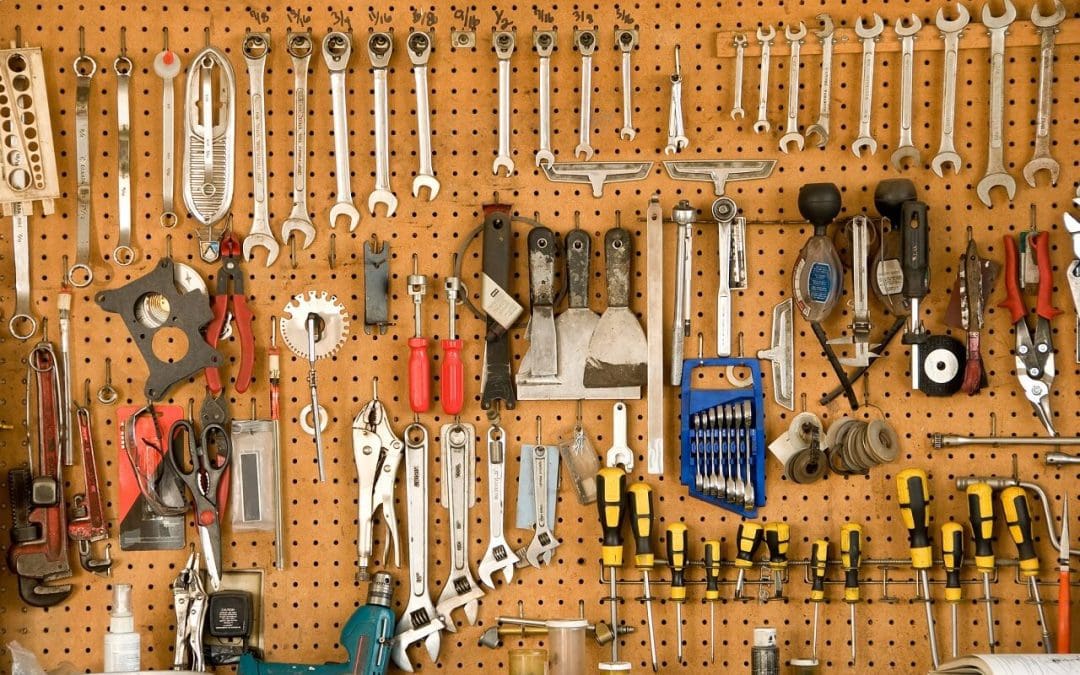Are you a DIY enthusiast or hobbyist looking to create the perfect home workshop? Whether you’re into woodworking, metalworking, electronics, or crafts, having a dedicated space to work on projects can be incredibly fulfilling. Here’s a step-by-step guide to help you while you’re building a home workshop.
Step 1: Choose the Right Space When Building a Home Workshop
The first step in creating your home workshop is selecting a suitable space. This could be a spare room, garage, basement, or even a shed in your backyard. Consider ventilation, natural light, and electrical access. A good space should be large enough to accommodate your tools and materials while allowing you to move around comfortably.
Step 2: Plan Your Layout
Once you’ve chosen your space, it’s time to plan the layout. Think about the type of work you’ll be doing and what tools you’ll need to access frequently. Arrange your workspace so that everything is within easy reach. It’s wise to group similar tools together and plan for ample counter space. Additionally, consider the workflow to ensure a logical progression from one station to another.
Step 3: Install Adequate Lighting
Good lighting is crucial in a workshop. Overhead LED lights are a great choice as they provide bright, consistent light and are energy efficient. You might also want to add task lighting in areas where you’ll be doing detailed work. Make sure there are no shadows that could impede your ability to work safely.
Step 4: Focus on Safety When Building a Home Workshop
Safety should be a top priority in any workshop. Ensure you have adequate ventilation, especially when working with chemicals or materials that produce fumes. Install smoke detectors and keep a fire extinguisher handy. Verify that all electrical installations are up to code, and consider using non-slip flooring to prevent accidents.
Step 5: Choose the Right Tools
Equip your workshop with the essential tools required for your specific hobbies. You might need a table saw, drill press, and various hand tools for woodworking. For electronics, soldering equipment and multimeters are essential. Invest in high-quality tools that will last and perform well, and don’t forget about adequate storage to keep your tools organized and protected.
Step 6: Storage Solutions are Critical When Building a Home Workshop
Practical storage solutions are vital to keeping your workshop organized. Store tools and materials in cabinets, shelves, and pegboards. Consider customizing your storage to fit specific tools or projects, and label everything to make it easy to find. Drawer organizers can be handy for small tools and hardware.
Step 7: Make It Personal
Finally, personalize your workshop. This could mean painting the walls, adding posters, or displaying items that inspire you. A personal touch will make the space more inviting and stimulating. Also, consider investing in a comfortable work chair and a good sound system or radio to make your workshop time enjoyable.
Building a home workshop is a rewarding project that can enhance your hobby experience and add value to your home. By carefully planning the space, investing in the right tools, and focusing on safety, you can create a functional and enjoyable workshop.
FAQs for Building a Home Workshop
What is the best flooring material for a home workshop?
Choosing the right flooring is essential for safety and comfort. Depending on your specific needs, options like anti-fatigue mats, interlocking foam tiles, or sealed concrete can be effective.
What should I consider when installing electrical outlets in my workshop?
Ensure that outlets are conveniently placed and sufficient for all your tools, and include safety features like ground fault circuit interrupters (GFCIs).
What are some good practices for maintaining tools in a home workshop?
Regularly clean and oil your tools, check for wear and tear, and store them properly to prevent damage. It’s also beneficial to keep blades sharp and batteries charged.
Are there any specific zoning laws or regulations I should know before building a home workshop?
It’s important to check local zoning laws and building codes, especially if you’re considering a workshop involving heavy machinery or hazardous materials.
Golden Rule Home Inspections provides inspection services for customers in Lee, Collier, and Charlotte Counties. Contact us to schedule an appointment.

